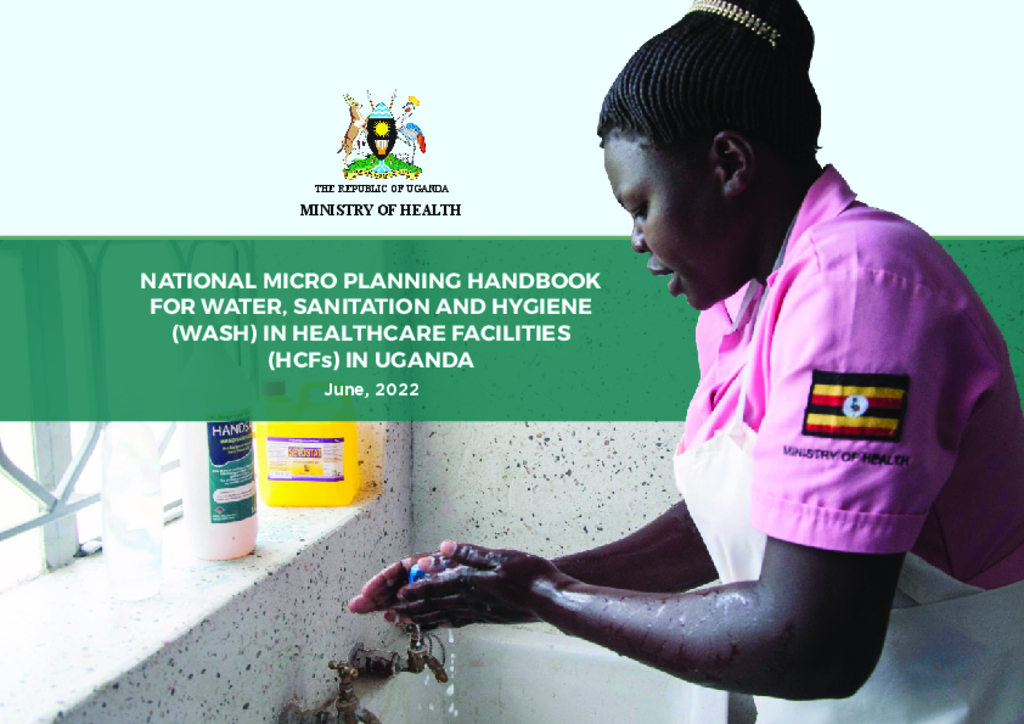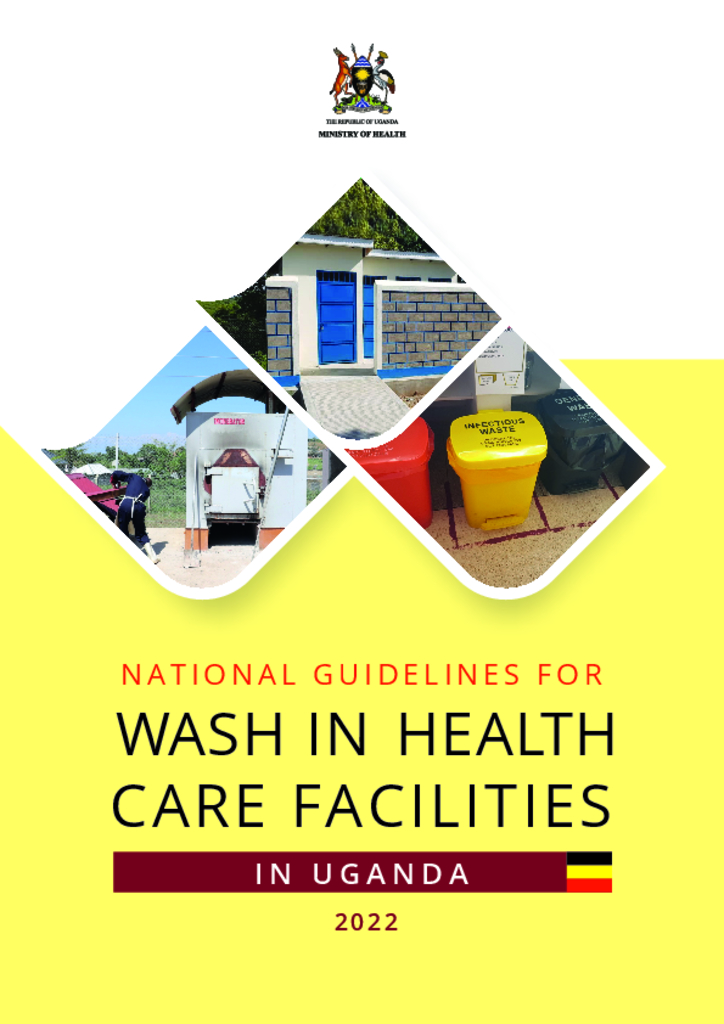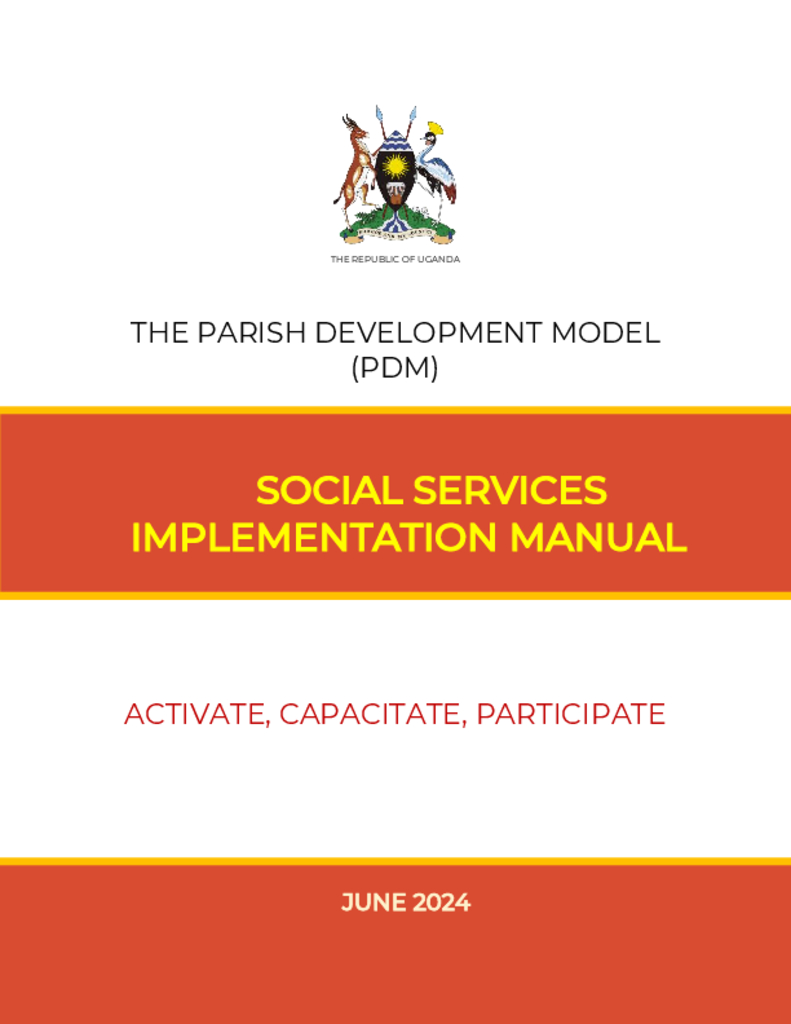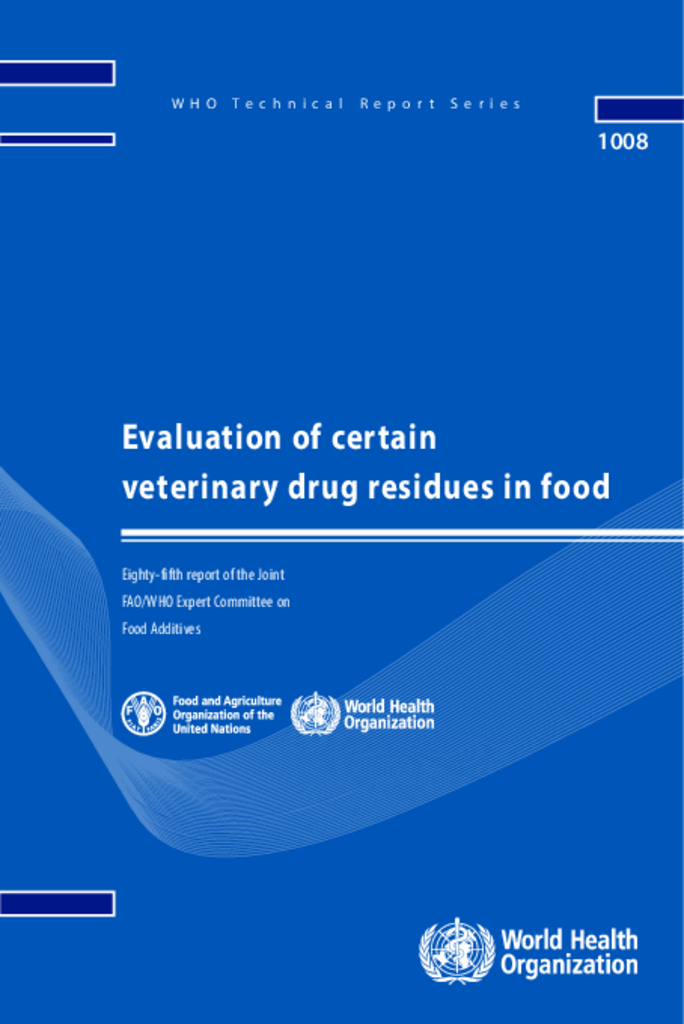The Ministry of Health recognizes that access to safe water, sanitation and hygiene (WASH) in health facilities is critical in the reduction of diseases, improved occupational health, more efficient health care services, improved staff morale and performance. The micro planning data generated will guide line ministries, local government authorities and development partners to position WASH in the health care facilities agenda within the Water and Health sectors. Additionally, it will support the development of a roadmap for achieving WASH-related sustainable development goals for health institutions.
The Sustainable Development Goals (SDG) 3 and SDG 6 reinforce the need to ensure adequate WASH services, which will result in a reduction in maternal mortality, ending preventable newborn deaths, and providing quality universal health coverage. The rationale of the WASH guidelines is to document procedures and provide a framework for strategic planning, implementation of functional and effective WASH services in healthcare facilities in Uganda. These guidelines offer a basis for creating the minimum conditions required for providing healthcare services in a healthy environment for healthcare workers, patients and visitors to the healthcare premises. They also serve as a tool for monitoring the performance of WASH in health care facilities.
These Guidelines in so introducing a framework for community social services delivery and, providing information to the users (citizens and officials) prepares them to address the traditional as well as the emerging concerns associated with social services delivery. These guidelines are designed to support the delivery of social services by government, Non-State Actors and all citizens at parish, village and household level. These guidelines do not replace or negate any legal or policy provision but rather aim to strengthen them to deliver quality and sustainable social services in Uganda.
The Joint FAO/WHO Expert Committee on Food Additives (JECFA) met in Geneva from 17 to 26 October 2017. The meeting was opened by Dr Kazuaki Miyagishima, Director of the Department of Food Safety and Zoonoses of the World Health Organization (WHO), on behalf of the directors-general of WHO and the Food and Agriculture Organization of the United Nations (FAO).








